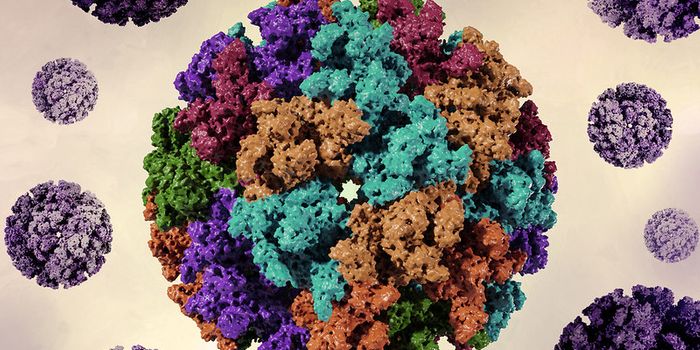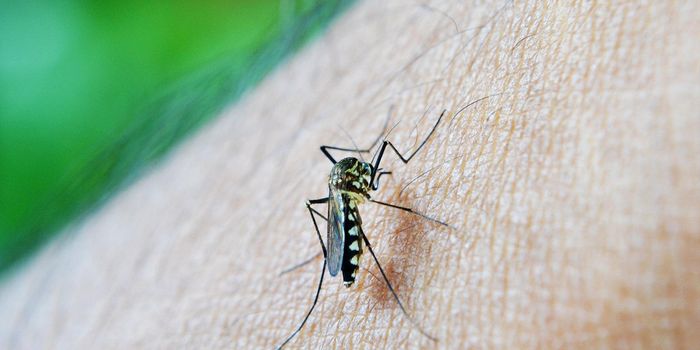Can Imbalances in the Gut Microbiome Cause Parkinson's Disease?
The importance of the gut microbiome has been demonstrated in recent years, and scientists have linked the microbes in the gut to many different aspects of human health and wellness. Now scientists have found evidence that certain bacteria in the gut microbiome are related to the development of Parkinson's disease. In this work, the researchers assessed stool samples from 490 people with Parkinson's disease (PD) and 234 healthy controls. The analysis revealed huge imbalances in the composition of the microbiomes of Parkinson's patients. The findings, which suggested that the gut microbiome could be promoting the neurodegenerative disease, have been reported in Nature Communications.
"The primary aim of this study was to generate a full, unaltered view of the imbalance in PD gut microbiome," said senior study author Haydeh Payami, PhD, a professor at the University of Alabama at Birmingham. "We found evidence for multiple mechanisms that we know are linked to PD, but we didn't know they were happening in the gut also and are orchestrated by the microbiome."
This research revealed several issues in the gut microbiomes of Parkinson's patients: there are too many opportunistic pathogens, which can exploit a lack of healthy microbes in the microbiome to cause poor health; there were high levels of immunological molecules that could be indicating infection or promoting inflammation; there was an excess of a bacterial molecule called curli, and high levels of toxic bacterial compounds. All of these factors seem to be interfering with the function of neurotransmitters and influencing Parkinson's disease pathology.
The gut microbiomes of Parkinson's patients were not only hosting more harmful bacteria, there was also a lack of protection in their guts. Levels of neuroprotective and anti-inflammatory molecules were low, impeding recovery from the problems in the gut.
All of the individuals were from the same geographical region of the US - the Deep South - in an attempt to limit the confounding geographic and cultural factors that often microbiome studies. The researchers looked for 257 species in the gut microbiome samples, and found that about 30 percent (84 species) are linked to Parkinson's disease.
"Of the 84 PD-associated species, 55 had abnormally high abundance in persons with PD, and 29 were depleted," Payami said. "We found that over 30 percent of the microorganisms and bacterial genes and pathways tested have altered abundances in Parkinson's disease, which indicates a widespread imbalance."
The study showed that Bifidobacterium dentium were increased by a factor of 7, Actinomyces oris by 6.5, and Streptococcus mutans by 6. There were also decreases: Roseburia intestinalis decreased by a factor of 7.5, Blautia wexlerae by 5. Other significant changes were observed in other species, resulting in a 100 percent to 750 percent increase or decrease in PD-linked species compared to controls.
The causes of Parkinson's disease are still not known. There has been speculation that a variety of factors that are genetic and environmental cause the disease. This work has provided some evidence for the hypothesis that Parkinson's cases that are not related to genetics may be due to a pathogen in the gut, particularly in people that have no genetic predisposition to the disorder.
Sources: University of Alabama at Birmingham, Nature Communications









